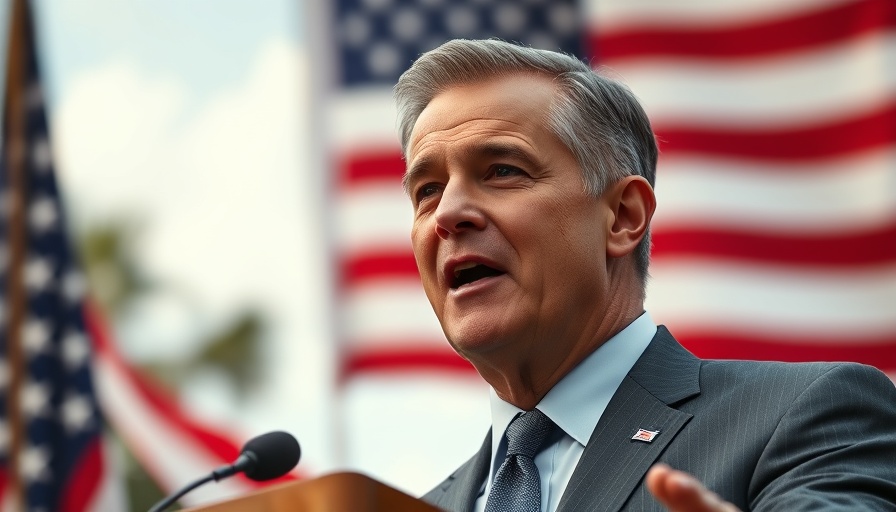
The Impact of Trump's Trade Policy on African Economies
President Donald Trump's recent announcement of a new trade policy set to take effect on April 5, 2025, incites a wave of apprehension among African economies. While countries like Kenya, Ghana, and Ethiopia benefit from a comparatively low 10% tariff, this measure could threaten long-term economic growth. The stark contrast in tariffs—with nations such as Lesotho facing daunting rates of up to 50%—illustrates a superficial approach to complex international trade dynamics.
New Tariff Rates: A Double-Edged Sword
Trump asserts that this policy aims to revitalize American manufacturing and increase tax revenues. However, the realities are more complicated for African exporters. The 10% tariff may initially seem advantageous; still, there is a looming specter over the African Growth Opportunity Act (AGOA), set to expire in September 2025, which has previously provided duty-free access to over 30 sub-Saharan African countries. The uncertainty surrounding AGOA's future may deter investment and hamper the economic resilience of nations like Nigeria and Ghana.
Why AGOA Matters to African Economies
AGOA has been a cornerstone for trade between the US and sub-Saharan Africa, facilitating a remarkable $11.6 billion in 2024 exports. South Africa, Nigeria, and Ghana have been major beneficiaries, focusing primarily on vehicle parts and petroleum. If AGOA fails to be renewed, the ramifications could be catastrophic, resulting in destabilized exports and a setback for Africa's economic advancement.
Future Predictions: What Lies Ahead?
As countries prepare for these new tariffs, they must also contend with the geopolitical shifts caused by such decisions. African nations may need to pivot towards alternative markets or enhance their manufacturing capabilities to counterbalance the reduced access to the US. Increased collaboration between African nations could emerge as a vital strategy for sustainable growth in a shifting trade landscape.
Conclusion: Navigating Uncertain Waters
The landscape of international trade is ever-evolving, and Trump’s new tariffs add another layer of complexity for African economies. While some may find temporary relief with lower tariffs, the underlying uncertainty surrounding regulations and economic partnerships necessitates proactive strategies. It is crucial for stakeholders to engage in discussions about the future of AGOA and seek avenues for resilience in a challenging economic environment.
 Add Row
Add Row  Add
Add 




Write A Comment